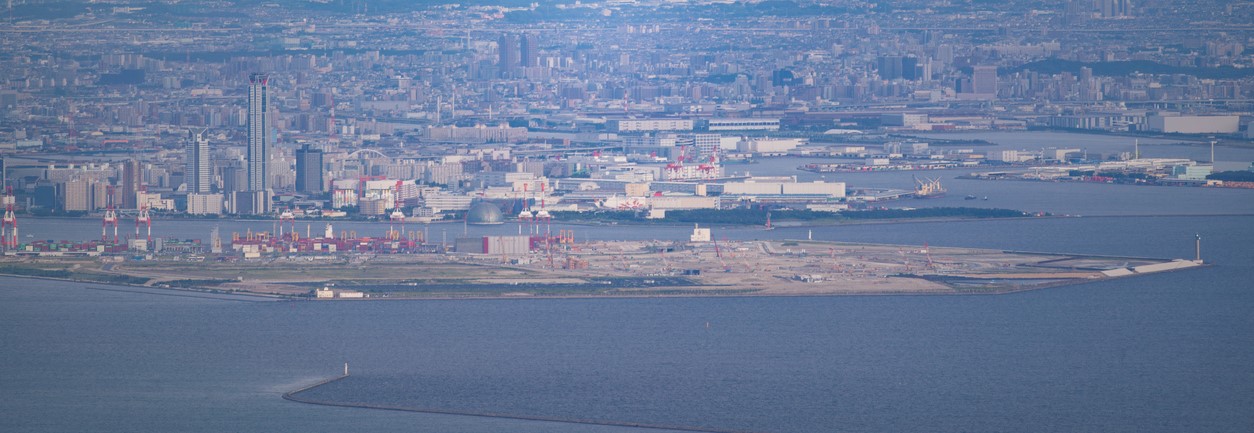2023/11/28
Expo 2025 Osaka, Kansai: Japan Now Needs Courage to “Redesign” the Project Itself

On October 20, the Japan Association for the 2025 World Exposition officially requested the national government, Osaka City, and the economic community in the Kansai region to increase the construction budget for the Expo 2025 Osaka, Kansai. This is the second time that the budget has been raised, following December 2020. The construction cost has increased to 235 billion yen, which is 1.9 times greater than the forecast at the time of Osaka, Japan winning the vote to host the 2025 World Expo in 2018. Even though there has been a rapid rise in the cost of construction materials and the cost of labor, the optimistic prospects for the project and over-dependence on the public have been too excessive. It is no wonder that the local economic community in Osaka is reluctant to bear the additional financial burden.
In addition to the delay in the construction of pavilions, the performance of the “flying cars,” a big attraction of the Expo, widely trumpeted by Hirofumi Yoshimura, the governor of Osaka prefecture, by saying, “A flying car will fly around over the Osaka Bay Area as if an ordinary person rides a bicycle.” has been degraded to the level represented by the governor’s revised comment, “It will be enough if it just flies. We cannot expect that it will move around the town like subways from the beginning.” which was made in response to the car manufacturer’s announcement that the mass production would be difficult due to the “delay in obtaining the safety certification.”
Regarding the shortage of funds, it is reported that the Japan World Exposition 1970 Commemorative Fund, which is funded by the revenues from the last Expo in 1970 and provides subsidies for international cultural exchange, academic activities, and educational activities, may be withdrawn. On the other hand, the ruling party’s promotion division, irritated by the delay in construction, has voiced a wild opinion, “We should take extralegal measures to exempt the overtime work for construction from the overtime working regulations and consider the delay a disaster.” The government immediately responded by denying any easing of restrictions on overtime work, but it is clear that the original business plan is now backlogged.
When I asked “Dai-chan,” a generative AI-powered chatbot service provided by Osaka Prefecture, about the success or failure of the Expo, it replied in the Osaka dialect, “Unfortunately, it was canceled.” This may be a laughable response, but the main theme of the Expo “Designing Future Society for Our Lives,” has been fading, and holding the Expo itself is becoming the objective. In 2014, the bidding activities for the Expo began with the hope that the project would be a “trigger for growth” in the Kansai region. On the other hand, there are some people who believe that the Expo is “intended to ‘kill two birds with one stone’ by increasing the profitability of the integrated resort (IR) business, by having the Expo take over the cost of infrastructure development, including the elimination of soft ground.” Anyway, even if the Expo could end in the black, the temporary economic surge in Japan from the event will not be the basis for sustainable development. The Showa era is already long gone. Japan could fall to the fourth largest GDP in the world at any moment, and the Expo is not the right place to invest our taxes.
This Week’s Focus, October 27
Takashi Mizukoshi, the President